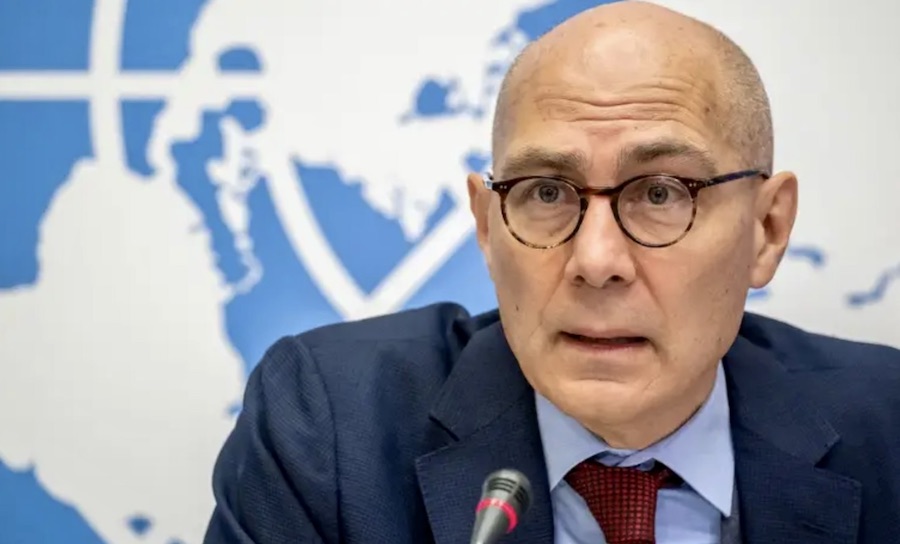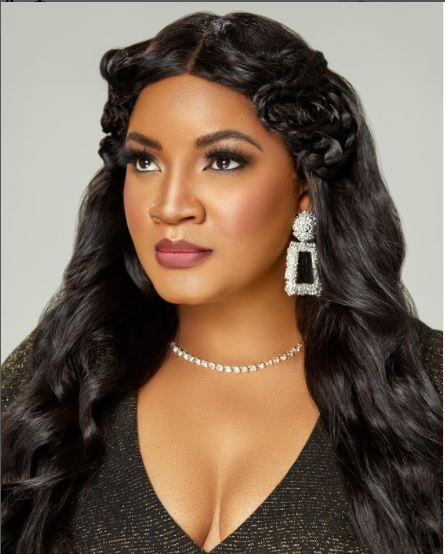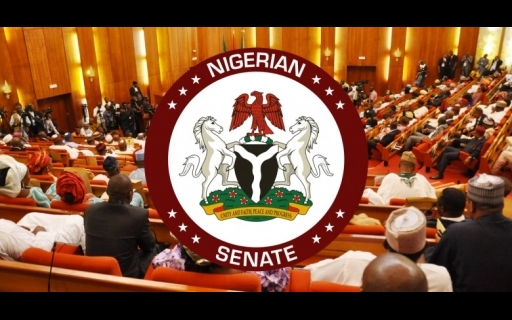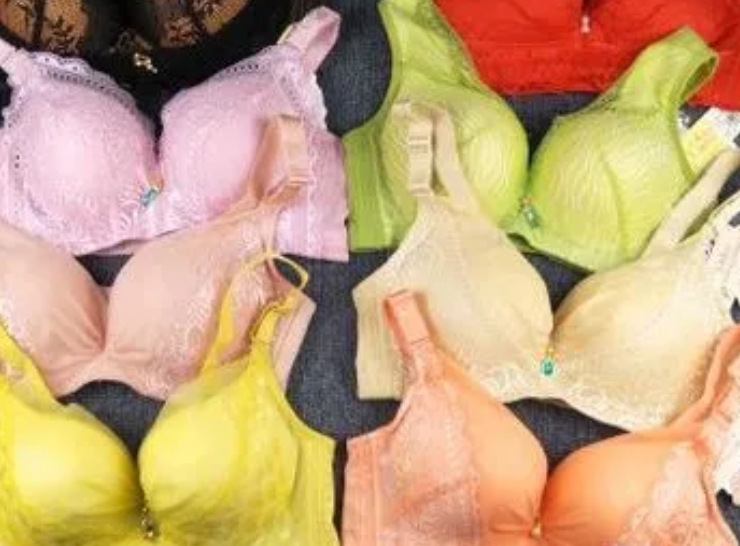The second-hand underwear market in Lagos is experiencing significant growth, which is not news.
What is new is the rising demand for used bras.
Some women say that their decisions when buying bras are based on affordability, durability, and quality.
Many say they choose fairly used bras, popularly known as “Okrika,” because they are mostly available, affordable, and durable.
In Lagos State, in addition to busy markets such as Tejuosho, Balogun, and Katangowa, thrift bras can be found in smaller markets, stores, and roadside traders.
Peace Okeke, also known as ‘Lady Bra’ among her customers in Festac Town, in Amuwo Odofin Local Government Area of the state, says she has been in the trade for over 18 years.
According to Mrs Okeke, many of her customers have come to trust high-quality, first-grade thrift bras since she started the business.
Mrs Okeke, who sells thrift and new bras, says first-grade second-hand bras are becoming increasingly popular for those seeking affordability, durability, and comfort.
“I have been in the business for 18 years and have seen how people’s preferences changed. Most people prefer it. One, it’s durable and long-lasting when in use. Secondly, it’s cheap, it’s affordable. Anybody can afford it,” she said.
She notes that new bras, particularly from top-tier international brands, can cost between N15,000 and N50,000 or more. Still, thrift bras of similar quality are available for as low as N5,000.
“People buy new ones, but the average person, especially those with limited income, can comfortably get thrift bras for N5,000. You can also get three bras for the same price as one new bra, and they will last as long as you need them to,” she explains.
Health concerns
While some may hesitate to buy second-hand bras, mainly due to social stigma or hygiene concerns, Mrs Okeke stressed the value of purchasing thrift items.
She says thrift bras are the better choice for those on a budget.
“The economic situation in the country is complicated. Some people have the money to get N15,000 or N20,000. I will advise those who cannot afford to: Instead of spending N15,000 on one bra, you can use that N15,000 to get three good bras.
“They will last you as long as you want without spoiling unless you decide to change your underwear,” she said.
Regarding hygiene, Mrs Okeke says washing them properly with warm water and salt is the simple solution.
She says her customers have not reported any issues with hygiene and infections and that some even use the same cleaning method for thrift underwear, which she says sells in large quantities.
“Even people go as far as using it to wash thrift pants, and they wear it. No germs. No diseases,” she says.
Also, Aisha Lawal, a trader at Orile Market, says the economic hardship has pushed many women to seek out thrift bras as an alternative.
“I sell both new and fairly used bras, but the fairly used ones sell faster, and many women prefer them because they are stronger, cheaper and last longer than the new ones,” she says.
Mrs Lawal, who has been in the business for over 15 years, says customers can get a good-quality thrift bra for as low as N1,500 to N2,000, while a new one of the same quality will cost N20,000 or more.
She says durability and affordability are the selling point of thrift bras.
“Unlike many new bras that can lose their elasticity and quality quickly, significantly cheaper mass-produced ones, thrift bras, often sourced from reputable regions like the UK, are known for their resilience. Even those with larger busts, frequently overlooked in mainstream stores, can find a reasonably priced, well-fitting, long-lasting bra from thrift stores.
Mrs Lawal advises buyers to soak their thrift bras in hot water and disinfectant before washing to kill germs.
She acknowledges the source of quality bras: “Some of these fairly used bras come from the UK and USA, and they are of better quality than the cheap, new ones.”
Again, people’s concerns are hygiene and proper care about second-hand items, especially underwear.
According to Olayemi Adebayo, she buys thrift bras in good condition because they are more affordable and, most times, better than new ones.
Mrs Adebayo says she has not had issues with hygiene because she washes it properly before use.
More perspectives
However, Tolu Adebiyi, a banker, says that quality, hygiene, and perception of used items are also significant considerations for her when buying underwear.
“I only buy new bras. I believe undergarments should be personal and new. I don’t feel comfortable wearing something that someone else has used. I understand that fairly used bras are more affordable, but I would rather save and buy new ones,” she says.
Remilekun Moses, a lingerie businesswoman, says thrift trends will not impact underwear brands.
“They have their market share and offer more stylish and sensual designs using luxury fabrics,’’ she says.
According to Moses, a digital marketer, local and international underwear brands are expanding their reach by targeting the middle and upper classes through social media.
Thrifts are becoming more than just a trend; they are a lifestyle for many.
People increasingly turn to second-hand goods to save money because they are often made with higher-quality materials that last longer.
For many, thrift bras are no longer seen as second-rate options but innovative, practical solutions that deliver quality and affordability.
(NAN)









